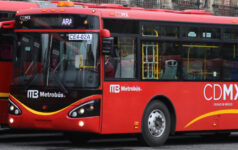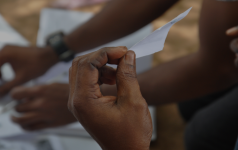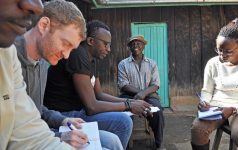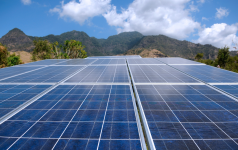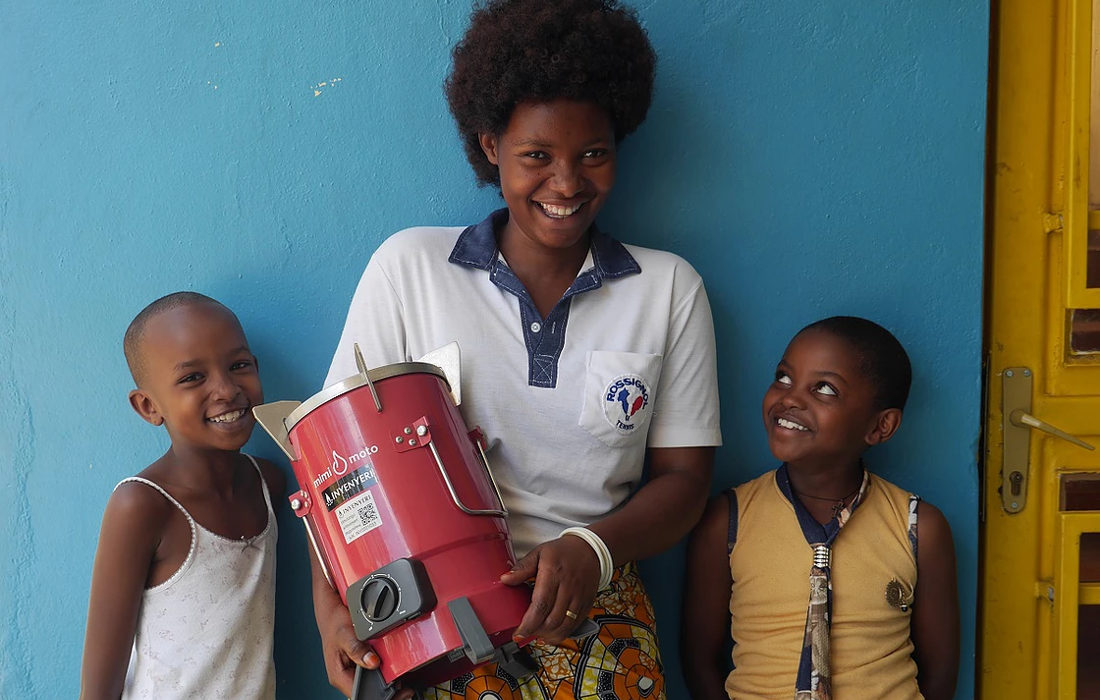Dalberg uses cookies and related technologies to improve the way the site functions. A cookie is a text file that is stored on your device. We use these text files for functionality such as to analyze our traffic or to personalize content. You can easily control how we use cookies on your device by adjusting the settings below, and you may also change those settings at any time by visiting our privacy policy page.
A new study details the challenges – and opportunities – the governments of India, Nigeria, Senegal, and Uganda face as they seek to increase access to electricity through off-grid energy solutions.
Governments globally realize the social and economic benefits of providing reliable and affordable power to their citizens and businesses. Over the past few years, many countries have announced ambitious electrification goals: India and Nigeria plan to reach universal electrification by 2019 and 2030 respectively. However, a new study authored by Dalberg shows that these goals are challenged by the financial, political, and institutional reality on the ground.
The study detailing the challenges – and opportunities – the governments of India, Nigeria, Senegal, and Uganda face as they seek to increase access to electricity through off-grid energy solutions.
Off-grid technology has emerged as important avenue for improving access to electricity over the past decade. Although off-grid energy solutions are being supported by the governments of all four countries, key policy gaps and challenges are impeding the rapid growth of the sector. The study found that despite the differences between the countries, policy-makers share common concerns around off-grid energy. These four concerns must be addressed to unlock the full potential of the sector:
1. Understanding the economics and viability of off-grid energy solutions
2. Politics and challenges between state and local level policy implementation
3. Capacity constraints within the government
4. Access to requisite data for planning
Drawing on extensive interviews with senior policy-makers, project developers, donors, academics, financiers, and civil society organizations, the report provides a comprehensive overview of the energy sector in India, Nigeria, Senegal, and Uganda.
“Access to clean, reliable and affordable power is a proven platform for improving people’s lives and fueling economic growth,” says James Mwangi, Executive Director of Dalberg. “In sub-Saharan Africa and India, 900 million still people lack access to electricity. To achieve universal access, it’s clear we need coordinated efforts by the development community, government, and the private sector. This report is an important step towards that vision.”
The study, “Improving Access to Energy Through Decentralized Renewable Energy”, provides in-depth country briefs which summarize key policy trends, explore the impact of current policies, and highlight promising initiatives. The analysis outlines a series of opportunities to engage and support policymakers to further expand access to electricity.

